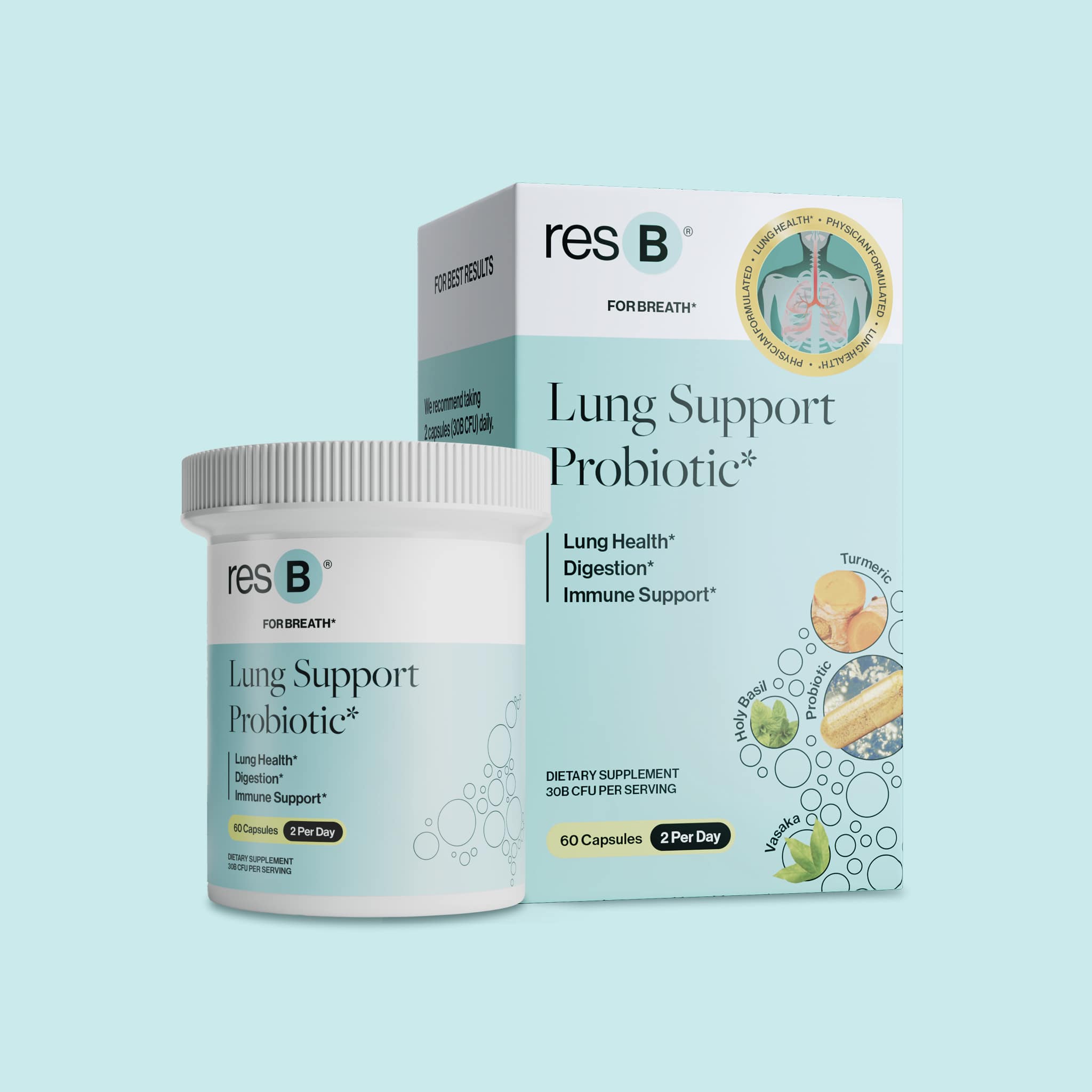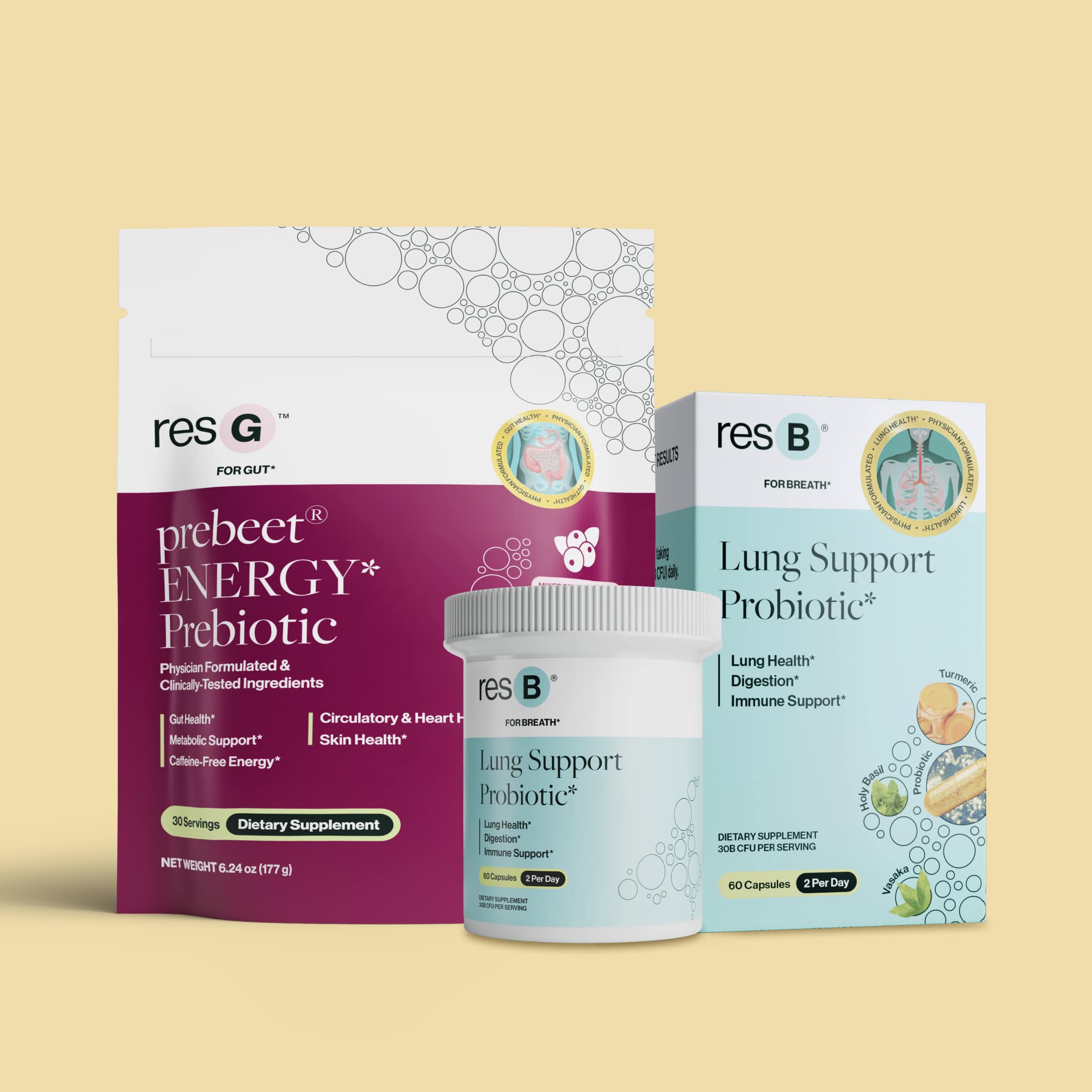Whether you’re looking for gut health support or struggling to kick a cough, the diverse range of Vasaka leaf uses is worth researching. This herb could play a key part in your wellness regimen regardless of age, gender, or health status.
Adhatoda vasica, commonly referred to as Vasaka or Malabar nut plant, is an herb with a long history of use in the Ayurvedic tradition.
Ayurveda is one of the world's oldest alternative medicinal traditions (dating back to ~5000 BC in ancient India) and has celebrated the benefits of Adhatoda vasica (Vasaka) for centuries– but only recently has the ancient herb gained attention in the scientific community.
So, what are the Vasaka leaf benefits you should be aware of - and how can you experience the benefits yourself? You’ve come to the right place. We’ll unveil all the benefits of Vasaka leaf below.


What is Vasaka Leaf?
So, what is Vasaka (sometimes referred to as Malabar nut in English), and why is it becoming such a popular natural product?
Vasaka is the Malabar nut tree, known well throughout India and Southeast Asia, that grows dense branches with large spear-shaped leaves, four-seeded fruits, and white and purple flowers. It thrives all over the lower Himalayan ranges and across India. The trade name "Vasaka" comes from Sanskrit.
From ancient use to modern manufacturing, the best place to start a proper discussion of Vasaka is in the leaves. Many of the health-promoting attributes of Vasaka come from its leaves. In particular, researchers have isolated its quinazoline alkaloids, Vasicine and Vasicinone, as bioactive elements of the ancient herb.
What are Vasaka Leaf Benefits?
The Vasaka uses range from lung support to gut health. It can even be used as an antiseptic or as a balancing addition to your wellness regimen. So, let’s get into all the Vasaka leaf benefits below.
1. Love to Your Lungs
This is one of the most profound Vasaka leaf uses. The Vasicine and Vasicinone found in the Vasaka leaf are a focal point in the body of research on how this plant can benefit your respiratory system.
In vitro (benchtop laboratory "in glass") tests have suggested it promotes bronchodilatory activity. This means it helps open up the airways and increase airflow to the lungs.
Also, these alkaloids possess the qualities of a respiratory stimulant, which means they can increase the activity of your respiratory system. The properties may also impact the symptoms you feel from adverse respiratory events.
2. Kicking Your Cough
Vasaka holds balancing and expectorant properties that can suppress coughing and the discomfort associated with it. In traditional medicines, Vasaka is commonly used to treat colds and chronic coughs.
Historical documentation indicates this botanical is often used when a patient has trouble expelling sputum - in other words, mucus. The underlying mechanisms of this effect have not been fully made clear, but we know for sure that Vasaka is a multifaceted plant.
3. Good For Your Gut
Not only is Vasaka a respiratory stimulant, but it is also a great digestive stimulant! Often cited as a promoter of gut health, Vasaka's alkalotic properties can help reduce excess acid formation—thereby reducing gastrointestinal discomfort.
In Ayurvedic, Siddha, and homeopathic medicines, Vasaka leaves are ground or mixed in teas to support the digestive system. Additionally, the balancing properties of Vasaka can benefit gut health – reducing bloating and pain.
4. Active Antiseptic Properties
Continuing the conversation on how Vasaka can play a role in infectious disease response, a previously unmentioned alkaloid, anisotine, was modeled in silico to inhibit viral replication.
Vasaka leaves have also been found to hold antibacterial and antiseptic properties that make them a possible answer to ward off other infectious diseases. In vitro studies of Vasaka exemplify its antibacterial properties for pulmonary infections such as tuberculosis.
Using the Vasaka plant for novel antimicrobial technology has also sparked the interest of researchers. Silver nanoparticles synthesized from Vasaka leaves can inhibit the growth of bacteria.
As we can see, Vasaka is a versatile botanical with a plethora of applications for your health. It is important to note that Vasaka has not been approved as a treatment for any indication by the FDA. All the data discussed has been from scientific inquiry, not from FDA-reviewed clinical trials.
How Can You Harness the Benefits of Vasaka Leaf Yourself?
The Vasaka leaf uses are certainly compelling, so how can you integrate this herb into your daily regimen?
Vasaka is accessible as dried leaves, powder, and capsules. The dried leaves can be brewed to make tea, beneficial for respiratory ailments. The powder form is suitable for incorporation into warm beverages or semi-solid foods. Capsules offer a convenient, controlled dosage for daily intake.
Dosage Considerations
Beyond the intake method, though, adherence to recommended dosages is imperative for safety and efficacy. The standard dosage for Vasaka powder is 1 to 3 grams daily, and for tea, 1 to 2 cups daily. Initiate treatment with the minimum dosage, evaluating tolerance before increasing to the desired therapeutic dose.
Consistency is Key
Consistent daily consumption is essential for optimal results. Establishing a routine ensures regular intake and maximizes the herb's therapeutic potential.
Can I Use Vasaka With Other Supplements?
It’s also worth noting that Vasaka may be used in conjunction with other supplements to enhance its respiratory and immunomodulatory effects. These could include probiotics, prebiotics, turmeric, and other herbs. However, professional consultation is recommended to prevent interactions and ensure compatibility.
Final Thoughts on the Benefits of Vasaka Leaf
In conclusion, Vasaka leaf is a potent herb with a rich history in traditional medicine for its respiratory benefits. It offers bronchodilator and expectorant properties, aiding in the relief of cough and congestion, while also supporting the gut-lung axis for overall immune health.
Now, there’s just one thing left for you to do - embrace the natural power of Vasaka leaf benefits and enhance your respiratory and immune system!
---
Whether you need a prebiotic or probiotic supplement or both we’ve got clinically studied solutions waiting to be discovered.
These are expert opinions on lifestyle from professionals who are board-certified physicians, registered dietitians, or healthcare professionals. This content does not represent any medical advice for the prevention or treatment of any medical diseases.